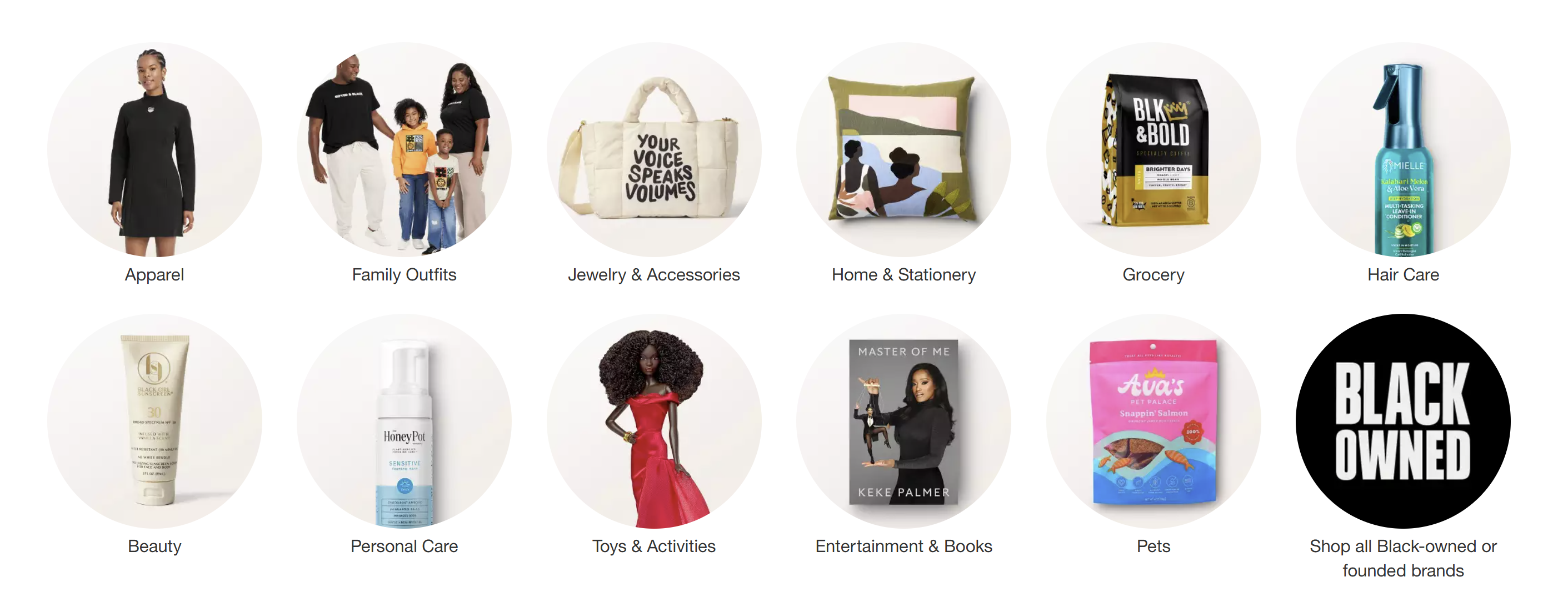There Is No Ethical Consumption on Valentine’s Day Under Capitalism

I recently left a private Facebook group for liberal women over a conversation about chocolate.
It was more than 500-comments-long when I left. More than 2000 reactions. A single thread about See’s Candies had 42 comments. Most of these comments were an argument about whether Warren Buffett is a good billionaire or a bad billionaire because Berkshire Hathaway owns See’s and if Warren Buffett is a good billionaire, it’s all right to buy See’s chocolates for your Valentine and if he’s not it’s not.
The conversation began, as these things often do, with an infographic explaining which candy manufacturers liberals should like and which we should not like. This prompted a variety of alternate suggestions. One of my favorites was “Buy from your local artisanal chocolatier”—not bad advice, just not practical for something like 98% of Americans, I would guess. A lot of ladies sang the praises of Trader Joe’s chocolates, and I refrained from giving them some bad news about that company’s union-busting habits. Similar story with ALDI.1 I did, however, make one contribution, and it was this: “There is no ethical consumption under capitalism.”
I am not against making informed, deliberate choices about spending money, and that includes understanding the business practices and politics of the companies we buy from. I don’t shop at Hobby Lobby. I don’t eat Chik-fil-A. I have avoided Walmart for decades. But Amazon is the bad boyfriend I just can’t seem to quit, and I still use Spotify even though I know I shouldn’t. My point is that I am making choices. And I know that there is no point at which all my spending choices will be righteous.
Let’s go back to chocolates for a moment. I am, in fact, a person who likes to buy directly from artists and artisans, so let’s say I decide to go the handmade chocolates route. It turns out that there is a little shop about a half-hour drive from me that makes chocolates in-house. So, if I wanted to get my Valentine 25 truffles from a small business, I could do that. It would be $26 plus gas plus an hour of my time. If I hit the wine and cheese store that’s on the way, the trip makes a little more sense in terms of time and fuel, but it will cost a lot more in terms of wine and cheese. I never leave that place without dropping $200.
Having said all that, this is a not-inconceivable little project. But is it more ethical than buying commercially made candy at the supermarket? Hell if I know. The shop I talk about above is a small business that seems to be woman-owned, which is nice, but it’s in a pretty conservative city. What if the owners donate to candidates and causes that are abhorrent to me? Is their chocolate ethically sourced? What about their other ingredients? Do they use white chocolate? Because white chocolate is a lie! Do they have employees and, if so, do those employees get benefits? What do they get paid? Was the store open during lockdown? (There are local places I still don’t go to because of lockdown misbehavior. It was a whole thing in my community.)
All of these questions assume that I have the resources to buy (kinda, sorta) local artisanal chocolates. Even if I don’t stop for wine and cheese, this is a not-insubstantial investment of time and money—and I have a car. If I didn’t have a car… Forget it. There is no bus. There is no train. The cost of an Uber would be insane. So, if I gas up the Honda, turn on a podcast, and take a road trip for truffles, am I a better person than the working mom who buys her kid a heart-shaped box of Hershey’s kisses when she gets off her shift at Sam’s Club? Of course I’m not! She’s doing what she can. And that is my point, essentially: We are all doing what we can.
The reason I found this whole conversation annoying wasn’t just because, ultimately, it proved that there is no perfect answer to the problem hundreds of women were trying to solve. I was also irritated because this was the problem hundreds of women were investing a lot of time and thought into solving. I see this happen a lot in liberal spaces: Nice, thoughtful, well-meaning people wearing themselves out over minutiae and competing to see who can be the most… I was about to type “woke” but I think I’ll go with “aware.” Or “correct,” maybe. Again, I am not saying that using money as a way to express your values is wrong. What I am saying is that, in my opinion, we’ve got better ways to spend our time than arguing about whether or not it’s morally acceptable to buy chocolate from Warren Buffett.

I thought about this thread when a friend in a very different group—a smaller group, a group of people who know each other well—asked the squad “I do not shop at Amazon, Walmart or Hobby Lobby or Chik-fil-A. Can I keep Target?”
Want to know my answer to this pressing question? Become a paid subscriber!

